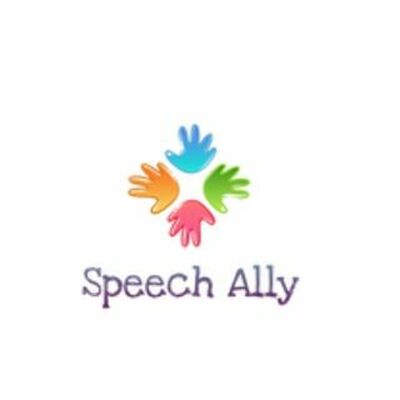ALL BUSINESS
COMIDA
DIRECTORIES
ENTERTAINMENT
FINER THINGS
FREE CREATOR TOOLS
HEALTH
MARKETPLACE
MEMBER's ONLY
MONEY MATTER$
MOTIVATIONAL
NEWS & WEATHER
TECHNOLOGIA
TV NETWORKS
VIDEOS
VOTE USA 2026/2028
INVESTOR RELATIONS
ALL BUSINESS
COMIDA
DIRECTORIES
ENTERTAINMENT
FINER THINGS
FREE CREATOR TOOLS
HEALTH
MARKETPLACE
MEMBER's ONLY
MONEY MATTER$
MOTIVATIONAL
NEWS & WEATHER
TECHNOLOGIA
TV NETWORKS
VIDEOS
VOTE USA 2026/2028
INVESTOR RELATIONS
 Speech Ally Inc -
December 6, 2024 -
Health -
111 views -
0 Comments -
0 Likes -
0 Reviews
Speech Ally Inc -
December 6, 2024 -
Health -
111 views -
0 Comments -
0 Likes -
0 Reviews

Speech therapy for autistic kids can be a transformative process, helping children overcome communication challenges and develop essential skills for interaction. For parents and caregivers, recognizing the signs of progress is crucial. Small milestones often lead to significant breakthroughs, and celebrating these improvements can reinforce the therapy’s effectiveness. But how can you tell when things are moving in the right direction? Let’s explore the key indicators of success in speech therapy.
Improved Nonverbal Communication Skills
One of the first signs of progress is better nonverbal communication. Autistic children often rely on gestures, facial expressions, or body language to convey their needs. When a child starts using these cues more effectively, it’s a strong indicator that therapy is helping them build a foundation for communication. For example, they may begin pointing to objects they want or nodding in response to questions, which shows growing confidence in expressing themselves.
Enhanced Understanding of Language
Another positive sign is when children start understanding spoken language more clearly. This can include following simple directions, recognizing their name when called, or responding to questions appropriately. Increased comprehension often lays the groundwork for verbal communication, and parents might notice fewer instances of confusion during interactions.
Consistent Efforts to Verbalize Words
Speech therapy for autistic kids often focuses on helping them form and pronounce words. A noticeable effort to speak, even if it starts with approximations or single syllables, is a big step forward. Over time, these attempts become clearer, reflecting both progress in therapy and the child’s determination to communicate verbally.
Reduced Frustration During Communication
Communication struggles can lead to frustration or meltdowns in autistic children. When therapy starts to work, these frustrations often decrease. Children might find it easier to convey their needs, reducing the misunderstandings that previously triggered outbursts. This change can significantly improve their emotional well-being and social interactions.
Increased Social Engagement
Another major improvement is the willingness to engage socially. Autistic children often shy away from social situations due to communication barriers. Speech therapy can help bridge this gap, encouraging children to initiate conversations, respond to others, or participate in group activities. Parents might observe their child joining games or interacting more with siblings and peers.
Better Pronunciation and Speech Clarity
One clear sign of progress is noticeable improvement in how a child pronounces words. Speech therapy for speech sounds focuses on helping children articulate words more clearly. When their speech becomes easier to understand, it boosts their confidence and fosters more meaningful conversations. This achievement is often one of the most celebrated milestones in therapy.
Final Words:
Recognizing the positive impacts of speech therapy for autistic kids is a rewarding experience for families and caregivers. Progress may be gradual, but every small step builds a foundation for future success. Improved nonverbal communication, better speech clarity, and reduced frustration all signal that the therapy is working. By focusing on tailored approaches, such as speech therapy for speech sounds, children can continue to grow their communication skills and lead fulfilling lives.

